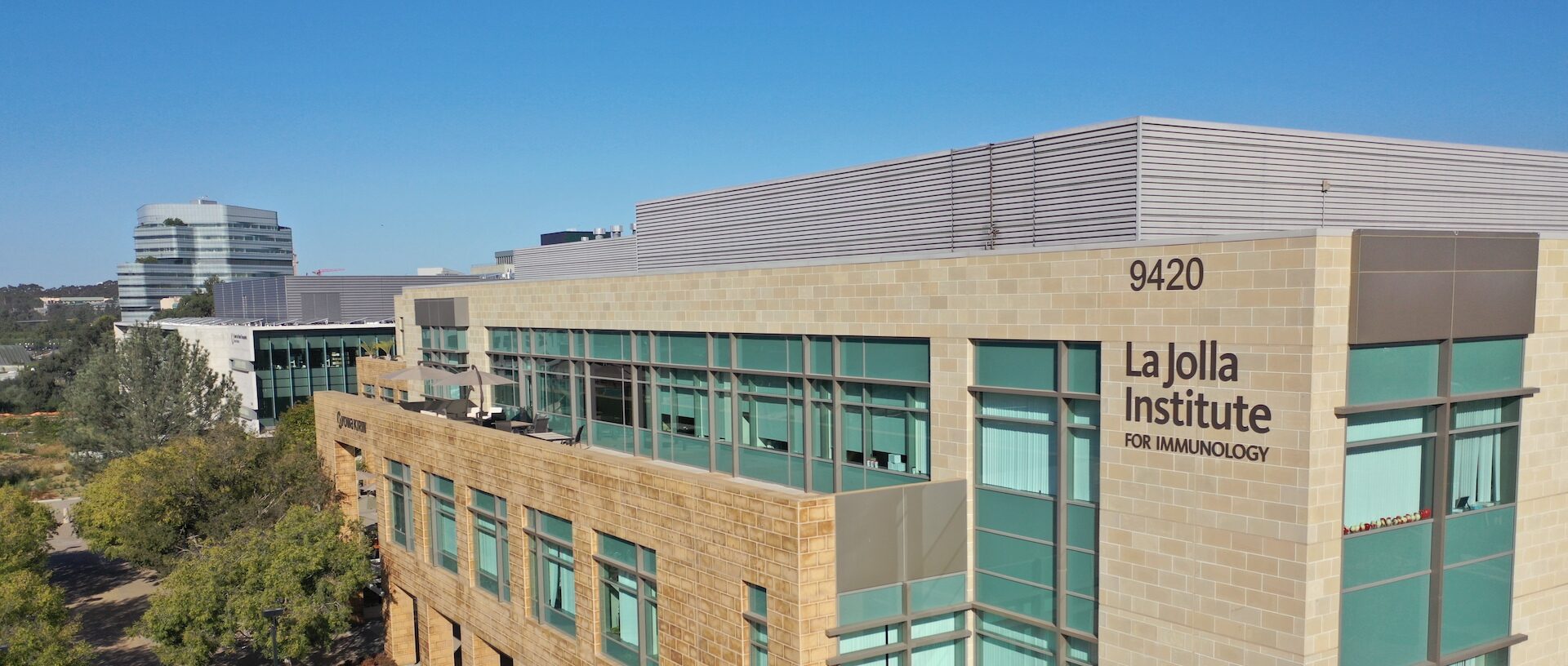LA JOLLA, CA – The La Jolla Institute for Immunology is pleased to announce that one of the nation’s leading scientists, Robert W. Mahley, M.D. Ph.D., founder and president emeritus of the Gladstone Institutes, has been elected to its Board of Directors.
“We’re delighted to welcome Dr. Mahley to our board,” said Mitchell Kronenberg, Ph.D., La Jolla Institute president and chief scientific officer. “Bob not only helped create an internationally recognized research organization in the Gladstone Institutes, he is also a groundbreaking scientific researcher in his own right in the areas of cardiovascular disease and Alzheimer’s disease. His vast experience will be invaluable to La Jolla Institute.”
In addition to his nearly four decades of developing San Francisco-based Gladstone into one of the nation’s top independent research institutes, Dr. Mahley is a professor of pathology and medicine at the University of California, San Francisco, and a member of the National Academy of Sciences.
Dr. Mahley’s path in life was determined in part by the sudden death of his father from a massive heart attack at the age of 37. He was only 13 at the time and immediately went to work selling newspapers to help support his mother and younger brother. During high school he earned enough money as a motorcycle mechanic to pay his way through college at a small college in Eastern Tennessee. During the summers he worked for a cardiovascular scientist at Vanderbilt University School of Medicine and subsequently was accepted as the first student in Vanderbilt’s new M.D./Ph.D. program.
In the late 1970s, Dr. Mahley was a cardiovascular researcher at the National Institutes of Health when he was approached by UCSF to start a scientific research institute affiliated with the university with funding from the estate of J. David Gladstone, a Southern California real estate developer who launched the Northridge Fashion Center, among other shopping malls.
Over the years, Dr. Mahley, with his vision of “basic science with a purpose,” built Gladstone into a major research institution that today has 30 principal investigators, a staff of 470 and an annual budget of nearly $90 million. Gladstone began as a single institute studying cardiovascular disease, but significantly expanded its research focus by adding immunology and neurological institutes.
Dr. Mahley, who stepped down as Gladstone’s president in 2010 to pursue research full time, is an internationally known expert on heart disease, cholesterol metabolism and, more recently, Alzheimer’s disease. He studies plasma lipoproteins and particularly apolipoprotein E (apoE), the major genetic risk factor for Alzheimer’s disease. His seminal research has defined apoE’s critical role in cholesterol homeostasis and atherosclerosis.
Dr. Mahley is looking forward to working with the board and scientists at La Jolla Institute.
“I’m extremely excited about the opportunity to assist La Jolla Institute in any way I can because I believe it’s precisely on the right path scientifically,” Dr. Mahley said. “The institute has some of most world’s most innovative and dedicated scientists who are making significant progress in understanding the immunological basis of a number of different diseases. In many ways, La Jolla Institute, as a dynamic independent research institute, is similar to Gladstone and that’s why I’m so optimistic about their future. La Jolla Institute has two major advantages: It’s not only at forefront of the hottest area of science—immunology—it also has the flexibility, vision and talent to greatly expand their pioneering work and make the kinds of discoveries that will have a real impact on improving human health.”
About La Jolla Institute for Immunology
The La Jolla Institute for Immunology is dedicated to understanding the intricacies and power of the immune system so that we may apply that knowledge to promote human health and prevent a wide range of diseases. Since its founding in 1988 as an independent, nonprofit research organization, the Institute has made numerous advances leading toward its goal: life without disease.


